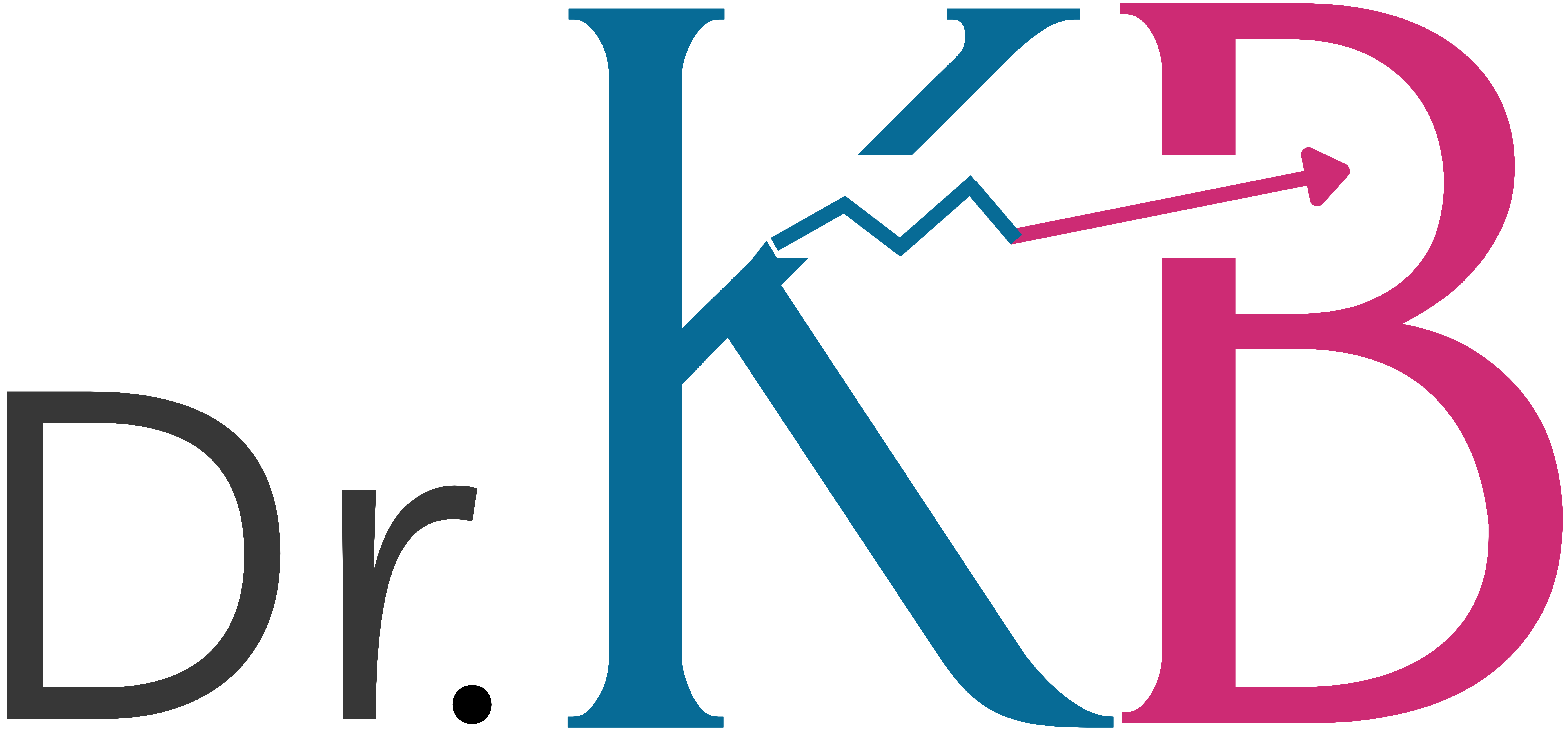Tips For A Successful Non-Clinical Screening Interview
/ Blog, Interviewing
You’ve applied for a non-clinical job, and you get a call from the recruiter inviting you to a screening interview.
They may refer to it as a “quick phone call,” or an “informational interview,” or a “first interview.”
The purpose of the screening interview.
The interviewer wants to have a conversation with you to find out more about your qualifications, experience, and skills to determine if you’re a good fit for the role and the company. They will tell you about the company, the role, and give you the opportunity to ask questions.
By the end of the screening interview, you and the interviewer should be clear if you’re still interested in pursuing the role and if they will forward your application to the hiring manager.
Logistics.
Most screening interviews are conducted by one interviewer, usually the recruiter or HR representative. Most are conducted by phone, sometimes video, and rarely, in person. They tend to be under 30-minutes, but this varies.
Why preparation is important.
For most clinicians, it takes preparation and practice to communicate clearly why you’re applying for the position, and how your skills and experiences translate to the non-clinical role.
You want to make it easier for the recruiter to move you to the next phase of the interview process.
Suggested preparation steps.
- Review the job responsibilities. Do you have an idea of what you’ll be doing? What are you unclear about?
- Research the company. Why do you want to work here? What are you curious about?
- Formulate your questions about the company and the role.
- Review the required skills and experience outlined in the job description.
You will have done this when you created your resume. Now prepare concrete examples or stories to highlight your experience and skills.
Your goal is to connect the dots for the interviewer. How do your experiences and skills make you a good fit for the role? At the same time, it’s important to be honest about the areas you need to learn. Show you’re open to learning and being a beginner.
Common non-clinical skills are interpersonal communication, leadership, problem-solving, and teamwork.
For examples of how to translate clinical skills into non-clinical language, refer to this resource.
- Develop a compelling personal narrative.
Create a concise and engaging story about your motivation to pivot into a non-clinical career. Stories are memorable, and a great way of showing who you are.
Bring genuine interest and enthusiasm for the role. Don’t leave the interviewer with the feeling you’re desperate to leave clinical medicine- even if you are! Think about what you would enjoy in the role and focus on where you want to go in your career!
- Practice your answers with a coach or a mentor who can give you feedback.
Sample questions you might be asked.
- Tell me about yourself.
- Why do you want to leave clinical medicine?
- Why did you apply for this job?
- What are your salary expectations?
- What are your strengths and weaknesses?
- Do you have questions about the role?
Pay attention to your posture!
Your posture is important when you’re doing any interview, but don’t forget about this when you have a phone interview. Your voice is important in phone interviews.
Sit or stand up straight so your voice can project well.
Final note.
While being prepared does not guarantee you will move to the next phase of interviews, it will help you bring your best.
Chances are, there will be aspects of the job you’re feeling confident about and other aspects where you have no experience, and you doubt your ability. Think back to when you started internship: you didn’t know how to be a resident on day 1. You brought your basic skills and your willingness to learn.
If you’ve made it to the screening interview, you most likely have enough on your resume to do the job. The screening interview is your opportunity to stand confident in your current qualifications, skills, experiences, and your capacity to adapt and learn.
You’ve got this!
You may also want to read:
The interview is your opportunity to build the bridge between your personality, skills, and experience and the interviewer (company) you’re applying to. …
How To Speak So That People Will Want To Listen.
Voice warm-up exercises start at minute 7:38.


